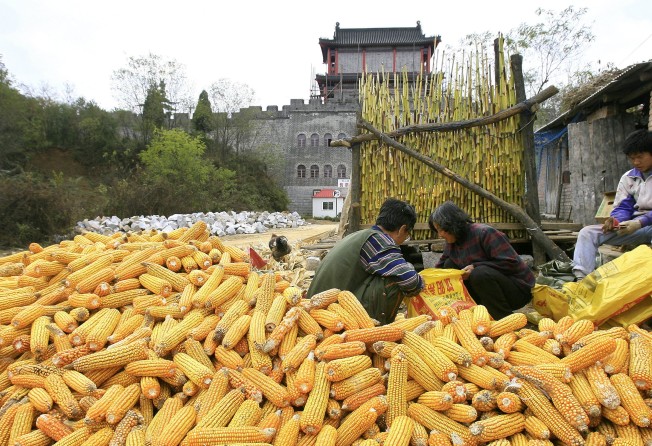China ethanol push must not go to waste
Strategy not only produces a clean fuel but also helps reduce pollution, so farmers have to be convinced that burning leftovers is not the answer

China has hit on a strategy to solve two problems at once: produce a clean fuel to replace oil and stop the illegal burning of farm waste that contributes to air pollution. The estimated 200 million tonnes of corn and wheat stalks and other annual leftovers from grain production could be turned into ethanol to help fuel vehicles and generate power. No such industry presently exists on a large scale, but authorities in Beijing are not perturbed; they have put forward a target of 2025 to generate commercial quantities. It is an ambitious goal, but Beijing has repeatedly shown it can meet tough targets.
Choking smog that cuts years off lives, especially in northern cities, is one good reason to make the switch. But as a rising world power, China also needs to show leadership by meeting its obligations as a key participant in the Paris climate change accord. Goals have already been laid out to reduce use of coal and oil, shift the economy towards hi-tech industries and work on a timetable to phase out fossil fuel-powered vehicles in favour of electric ones. Schemes are already under way in some parts of the country for ethanol to comprise 10 per cent of fuel at the petrol pump and Beijing wants to nationalise them by 2020.
There are two types of ethanol; one produced from food crops like cassava and corn, and the other from cellulose matter such as leaves and stalks. The latter requires a more complex and time-consuming process, making the fuel considerably more expensive. Little wonder the cellulosic ethanol industry in China and elsewhere is formative. Yet the considerable air pollution from farmers ignoring bans due to labour and transport costs and the need for inexpensive fertiliser by burning waste that could instead be turned into fuel is reason to consider incentives.
Making ethanol from food crops is a wasteful use of resources. Using waste that would otherwise be burned makes more sense, but farmers have to be convinced. Ways have to also be found to effectively implement plans at the local level. Authorities are not short of innovative ideas; turning this one into reality will necessitate skill and dedication.